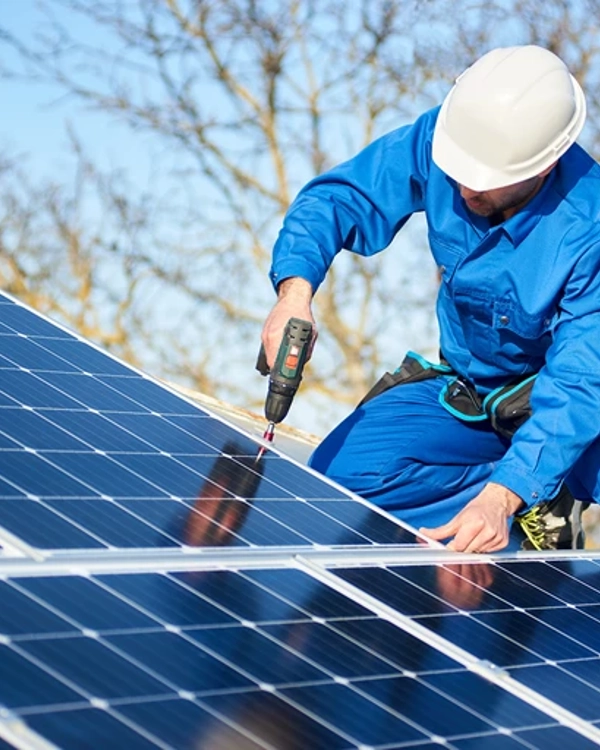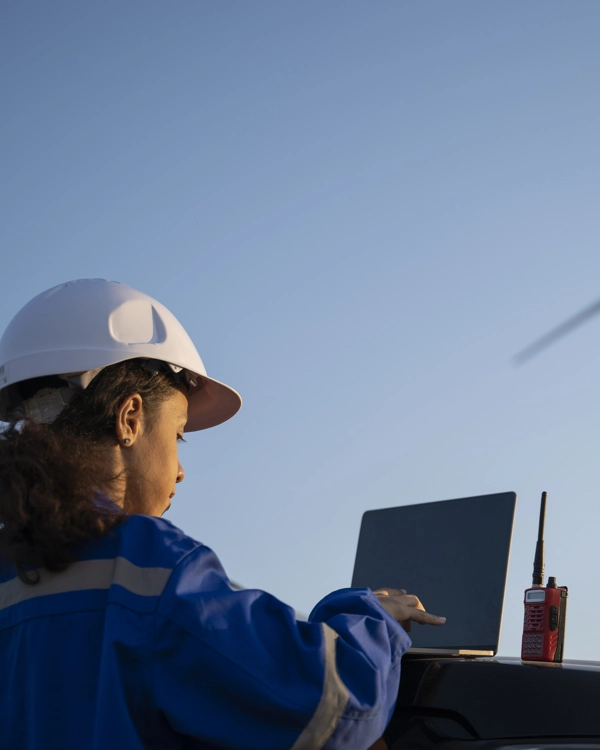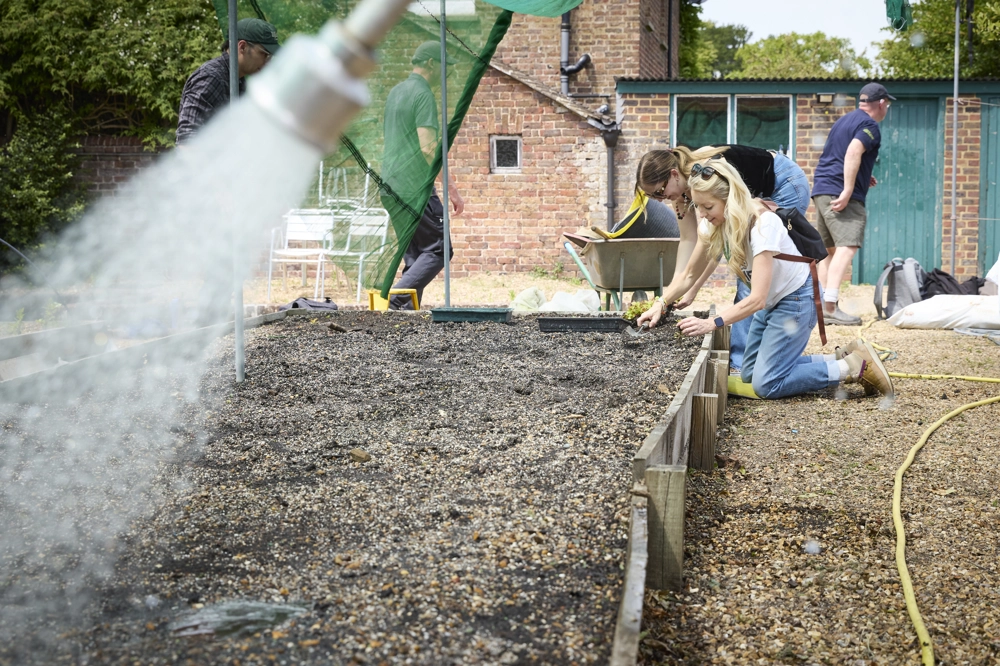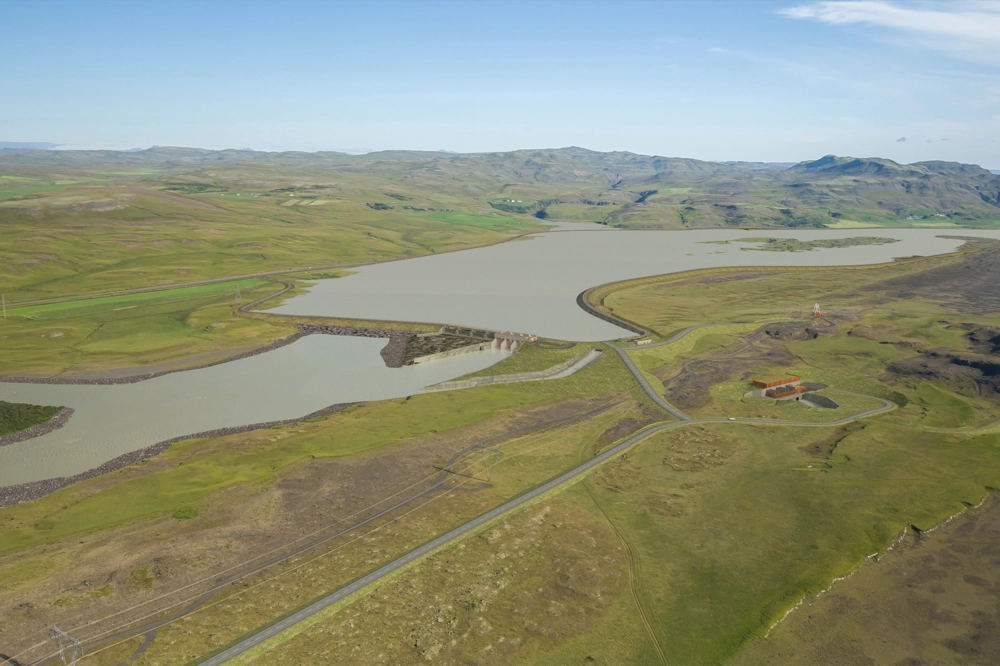Legal & General has a duty to help prevent the worst outcomes from climate change: this is fundamental to good risk management on behalf of our customers, clients and shareholders.
There were many highlights in 2023, including: the launch of our Climate transition plan which received 97% approval from shareholders in May; reducing our investment portfolio greenhouse gas emissions intensity by 9% year-on-year; and, we launched our new Clean Power (Europe) Fund alongside our partners NTR, raising €390 million and aiming to invest in Europe’s decarbonisation and energy security.
We also recognised that the Group’s impact on nature is intrinsically linked to climate change, and poses some similar risks and opportunities, as capital is reallocated towards nature-positive outcomes. Our approach to nature will build on our existing climate strategy and, as a result, we’ve renamed our ‘Climate’ report the ‘Climate and nature’ report.
Reduction in investment portfolio economic greenhouse gas emission intensity from our 2019 base year
30%
Reduction in our operational footprint (scope 1 and 2 (location)) from our 2021 base year
29%
Environment-specific engagements as an asset manager promoting the net zero transition (approximate figures)
2,000
Developing our approach to nature
Reducing greenhouse gas emissions is a major area of focus for us, but action on climate change must be pursued alongside efforts to halt environmental degradation. We understand there are material interdependencies between climate change and the natural environment as we recognised in our Climate transition plan.
Our work on climate change is currently more developed than our nature-related disclosures, which we are continuing to develop, however there are still many examples of how we are now considering our nature-related impacts and dependencies. In May 2023, our investment business, LGIM, became the cornerstone investor in the largest debt-for-nature swap to date for the Government of Ecuador. In return for restructuring its debt at lower repayment rates, the Ecuadorian government will direct savings of USD 450 million to marine conservation around the Galapagos Islands, which are home to more than 3,000 species, 20% of which are not found anywhere else on Earth.
We are integrating nature into our climate strategy via our three pillar approach:
The future
We remain committed to our long-term goal of achieving net zero and we are pleased with the progress we made in 2023, but there is still a great deal to be done. We are well placed to support the decarbonisation of the economy and have set ourselves challenging short- and long-term goals.
Our operational targets and commitments
We also disclosed our performance against six wider areas of environmental performance.







